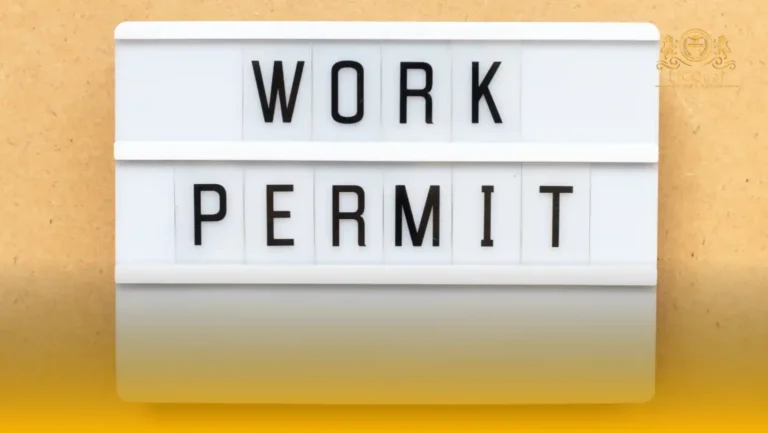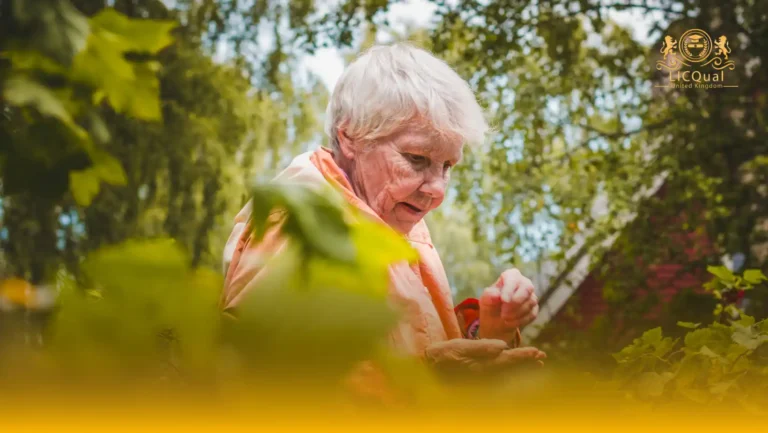The LICQual Level 1 Introductory Certificate in Food Safety is a globally recognized qualification tailored for individuals beginning their journey in the food industry. This entry-level course offers essential knowledge of food hygiene and safety, making it ideal for food handlers, kitchen assistants, hospitality staff, and anyone working in environments where food is prepared, served, or stored. Designed to align with international food safety standards, this certificate lays the groundwork for safer food practices and long-term professional growth.
Food safety is a critical concern across all sectors of the food supply chain, from restaurants and catering services to food production and retail outlets. With increasing global emphasis on hygiene, contamination prevention, and foodborne illness control, the LICQual Level 1 Introductory Certificate empowers learners with the basic tools to ensure public safety and meet compliance standards. This course helps organizations and individuals meet their legal and moral responsibilities with confidence and competence.
The curriculum introduces fundamental topics such as food hygiene principles, causes and prevention of foodborne illnesses, personal hygiene, proper cleaning techniques, safe food storage, temperature control, and cross-contamination risks. Learners will also gain an understanding of the importance of cleanliness in food preparation areas and how to work within food safety guidelines effectively. These topics are delivered in clear, accessible language suitable for learners of all backgrounds and skill levels.
Practical relevance is at the heart of this course. Whether in a small café or a large food production facility, learners will be equipped with the essential knowledge to contribute to a hygienic food handling environment. Real-life scenarios and relatable examples ensure that students understand how to apply what they’ve learned in their day-to-day roles. This hands-on approach builds the confidence necessary to uphold food safety in even the busiest kitchen or service setting.
Upon successful completion, candidates will receive the LICQual Level 1 Introductory Certificate in Food Safety, an internationally respected credential that demonstrates foundational knowledge and commitment to high safety standards. This certification not only enhances employment prospects but also supports career progression into more advanced food safety qualifications such as Level 2 or Level 3 training.
Whether you’re launching a career in food service or onboarding new staff to your organization, the LICQual Level 1 Introductory Certificate in Food Safety offers the ideal starting point. It promotes a culture of safety, professionalism, and accountability—key attributes for any food business committed to quality and compliance. Start your food safety journey with confidence and make a lasting impact in your workplace and community.
Course Overview
Qualification Title
LICQual Level 1 Introductory Certificate in Food Safety
Total Units
6
Total Credits
12
GLH
36
Qualification #
LICQ2200076
Qualification Specification
To enroll in the LICQual Level 1 Introductory Certificate in Food Safety ,applicants must meet the following criteria:
|
Qualification# |
Unit Title |
Credits |
GLH |
|---|---|---|---|
|
LICQ2200076-1 |
Introduction to Food Safety and Hygiene |
2 |
6 |
|
LICQ2200076-2 |
Types of Foodborne Hazards and Contamination Prevention |
2 |
6 |
|
LICQ2200076-3 |
Safe Food Handling and Storage Practices |
2 |
6 |
|
LICQ2200076-4 |
Personal Hygiene and Its Role in Food Safety |
2 |
6 |
|
LICQ2200076-5 |
Cleaning and Sanitation in Food Environments |
2 |
6 |
|
LICQ2200076-6 |
Food Safety Legislation and Workplace Responsibilities |
2 |
6 |
By the end of this course, learners will be able to:
1. Introduction to Food Safety and Hygiene
- Understand the key principles of food safety and hygiene in food handling environments.
- Recognize the importance of proper hygiene practices in preventing foodborne illnesses.
- Explain the basic concepts of food safety and how they relate to consumer health and wellbeing.
- Identify personal and environmental factors that contribute to food safety risks.
2. Types of Foodborne Hazards and Contamination Prevention
- Identify the main types of foodborne hazards: biological, chemical, and physical contaminants.
- Recognize potential sources of contamination in food handling and preparation.
- Implement effective strategies to prevent contamination and reduce the risk of foodborne illnesses.
- Demonstrate knowledge of how contamination occurs and how it can be controlled in various food environments.
3. Safe Food Handling and Storage Practices
- Demonstrate safe food handling practices during food storage, preparation, and service.
- Apply safe temperature control practices to prevent spoilage and bacterial growth.
- Implement appropriate methods for storing raw and cooked food separately to avoid cross-contamination.
- Understand the importance of labeling and rotating stock to ensure food safety.
4. Personal Hygiene and Its Role in Food Safety
- Understand the critical role personal hygiene plays in preventing foodborne contamination.
- Identify and apply proper handwashing techniques and personal protective equipment (PPE) usage.
- Recognize when and how to maintain cleanliness while working with food, including handling food and utensils.
- Promote the importance of hygiene standards among colleagues to reduce contamination risks.
5. Cleaning and Sanitation in Food Environments
- Understand the importance of regular cleaning and sanitation in food environments.
- Apply effective cleaning techniques for surfaces, equipment, and utensils to maintain food safety.
- Identify appropriate cleaning agents and their safe use in food environments.
- Understand the role of waste management and how it contributes to maintaining a hygienic workplace.
6. Food Safety Legislation and Workplace Responsibilities
- Understand key food safety laws and regulations governing the food industry.
- Identify the legal responsibilities of food handlers and employers in maintaining food safety.
- Demonstrate an understanding of the importance of food safety documentation and reporting procedures.
- Apply relevant food safety regulations to ensure compliance in food handling practices and workplace safety.
This diploma is ideal for:
Assessment and Verification
All units within this qualification are subject to internal assessment by the approved centre and external verification by LICQual. The qualification follows a criterion-referenced assessment approach, ensuring that learners meet all specified learning outcomes.
To achieve a ‘Pass’ in any unit, learners must provide valid, sufficient, and authentic evidence demonstrating their attainment of all learning outcomes and compliance with the prescribed assessment criteria. The Assessor is responsible for evaluating the evidence and determining whether the learner has successfully met the required standards.
Assessors must maintain a clear and comprehensive audit trail, documenting the basis for their assessment decisions to ensure transparency, consistency, and compliance with quality assurance requirements.







